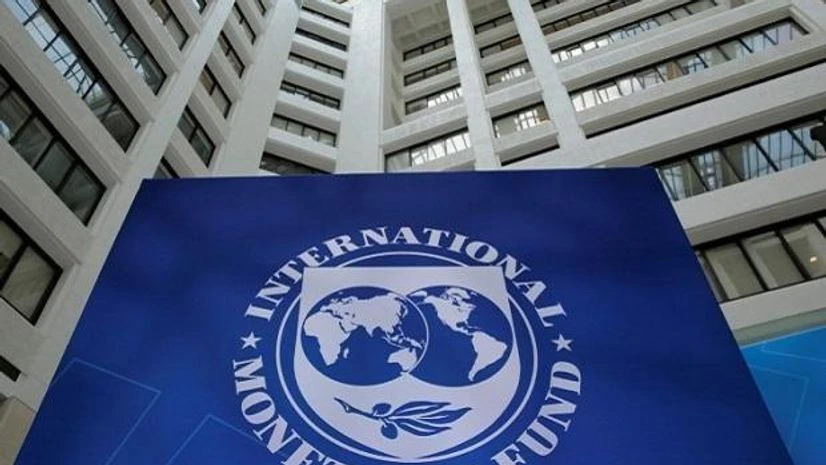The Indian economy, severely hit by the coronavirus pandemic, would be well placed to start recovering from the horrible crisis with the government making efforts on both the fiscal and monetary side in addition to putting in place structural elements, a top IMF official has said.
The International Monetary Fund in its annual World Economic Outlook significantly downgrades India's growth for the fiscal year 2020 to minus 10.3 per cent.
At the same time, IMF said that India is likely to bounce back with an impressive 8.8 per cent growth rate in 2021, but for this New Delhi needs to ramp up its efforts in various fields.
In terms of what can be done going forward, clearly on the fiscal side, the IMF believes there is more that can be done to provide support to households and firms that have been affected by the pandemic, Malhar Shyam Nabar, Division Chief, Research Department, IMF, told reporters on Tuesday at a news conference here on the eve of the annual meetings of the IMF and the World Bank.
He further said there is a need to tilt the composition of the fiscal support towards more of the direct spending and tax relief measures and to rely slightly less on the liquidity support measures, the credit guarantees, which are clearly important to support the provision of credit in the economy.
Also Read
But if you look at the approach that was taken, there was more of an emphasis on that type of measure. We think that there is room to recalibrate and to provide more direct relief and spending support, which could have a first order impact on preventing even worse outcomes, Nabar said.
On the monetary policy side, the RBI had come in very aggressively early on, he said. "It has paused recently with its interest rate cuts, looking through this inflation, the spike in inflation that they have had recently, but we believe there is more that the RBI can do, too, in terms of there is room to cut if needed, and we think that should be done once this inflation spike is more under control," he added.
And together with these efforts, both on the fiscal side and the monetary side, we think that would put India on a path to recovery going forward, Nabar said.
There has also been some efforts recently on the structural side to improve medium-term growth prospects, he said.
We have had progress on labour reform bills and the farm bills. We think that this will advance their structural reform agenda in an important way, remove supply-side constraints in the agricultural sector and in the labour market, also allow for a better matching of workers with firms, provide firms with a little bit more flexibility in terms of hiring options, but at the same time also provide more social security and safety net options for workers as well, he said in response to a question.
So, with those structural elements in place as well to reinforce the cyclical support, the Indian economy would be well placed to start recovering from this horrible crisis that it is experiencing right now, Nabar said.
(Only the headline and picture of this report may have been reworked by the Business Standard staff; the rest of the content is auto-generated from a syndicated feed.)

)
